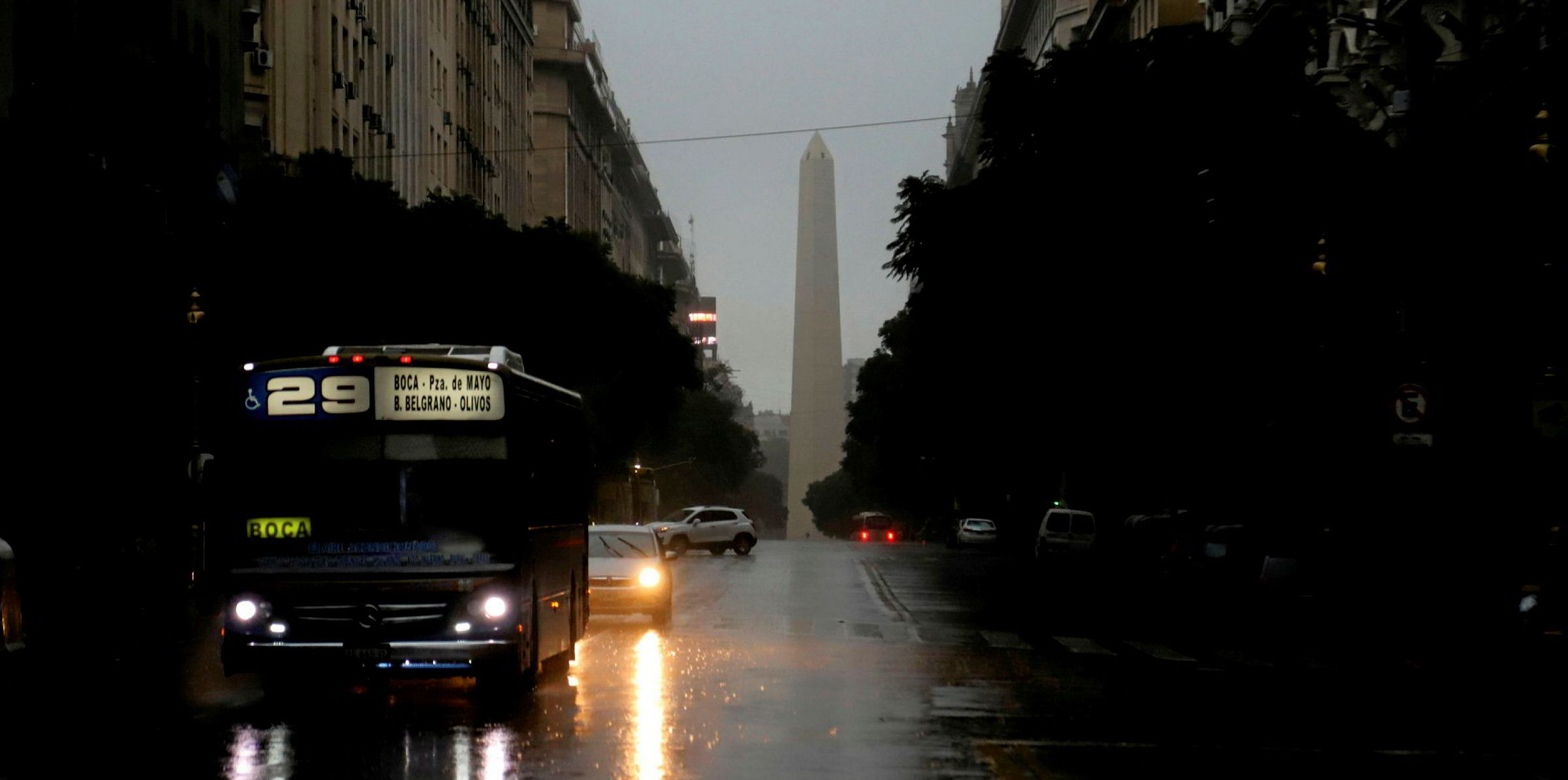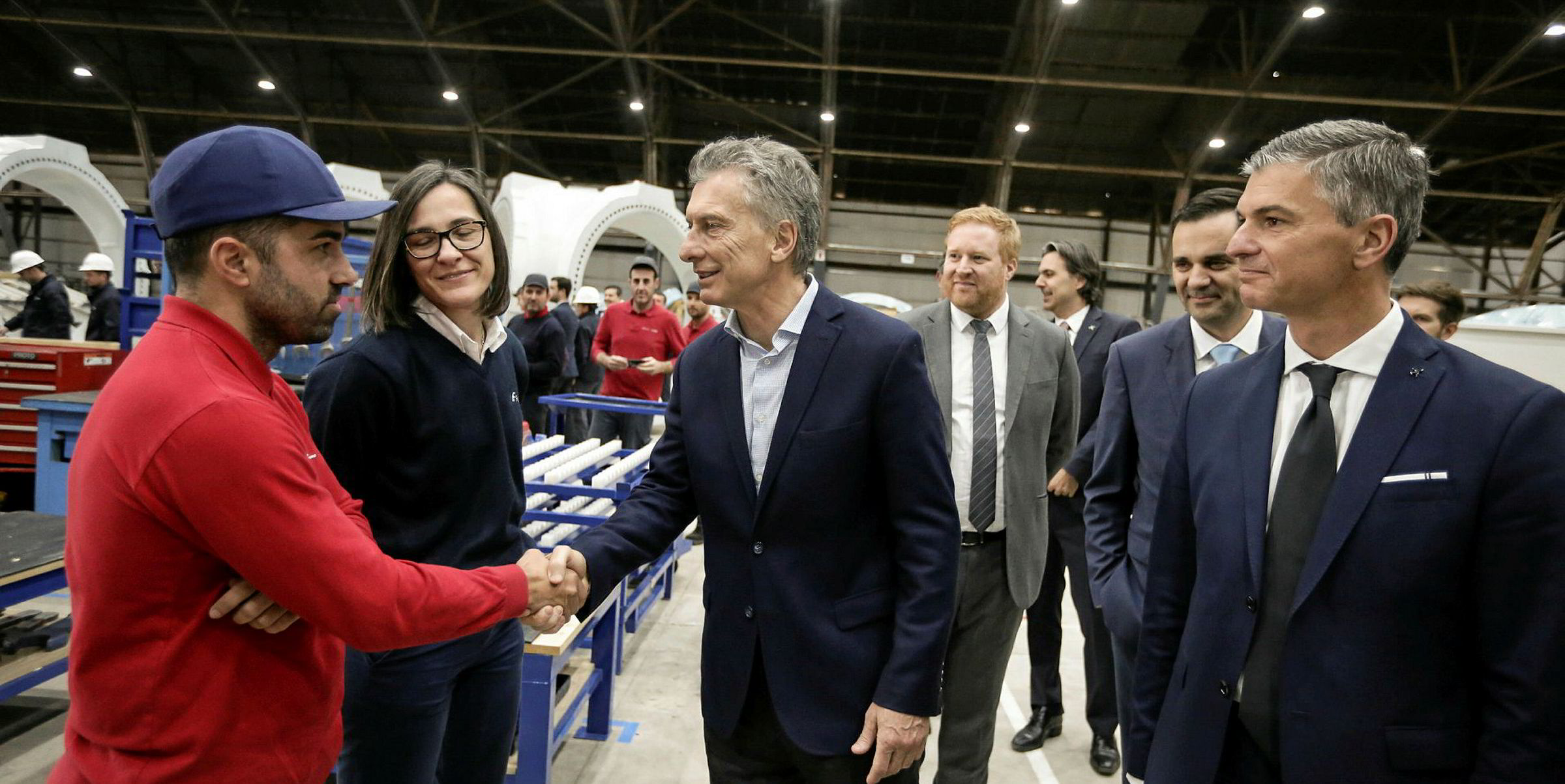Argentine congressman Juan Carlos Villalonga has garnered support from one of the country’s main renewable energy trade groups as he presses to increase the country’s clean power supply target by more than 50%.
Argentina – which was hit by nationwide power outages over the weekend, the cause of which are still under investigation – has attracted huge investments over the last few years thanks to ambitious policies already in place.
The lower house congressman has proposed raising the country’s goal to 35% by 2030 from the current 20% for 2025, set in the country’s 2015 renewable energy law. The 2015 law set in motion government tenders and other policies which have more than tripled the country’s non-hydro renewable energy capacity to almost 1GW, from under 300MW in 2015.
“It is very important that industry starts to discuss the extension of the targets for the participation of renewables in [Argentina’s] power supply,” said Marcelo Alvarez, president of the Argentina Renewable Energy Chamber (CADER).
Villalonga, a member of the PRO party which makes up the right-of-centre ruling coalition, is one of the most vociferous supporters of renewable energy and environmental issues in the Argentine congress.
Alvarez said that so far, 135 renewable energy projects adding up to 4.8GW of capacity are being built, attracting over $7.2bn in investments and creating 9,500 jobs in the first four months of 2019.
The proposal comes as Argentina is facing economic and political uncertainties due to economic troubles – such as a large fiscal deficit and a 50% yearly inflation – and as the president Mauricio Macri is expected to lose his re-election bid in the presidential elections scheduled for October.
Citing the renewables law, known as the 27.191 bill, CADER wants Villalonga’s proposal to be considered as a long-term policy, and not that of a single government.
The renewables law was implemented by right-of-centre president Macri when he assumed office in 2016, even though the legislation had been proposed by an ally of his predecessor Cristina Kirchner, who later lost the election.
The multiparty support for the bill was one of the reasons that Macri implemented it, and prompted him to hire Sebastián Kind, the main technical sponsor of the bill in congress in 2015, as his renewable energy sub-secretary.
The bill started being debated in March and CADER wants it approved before the end of the year.


